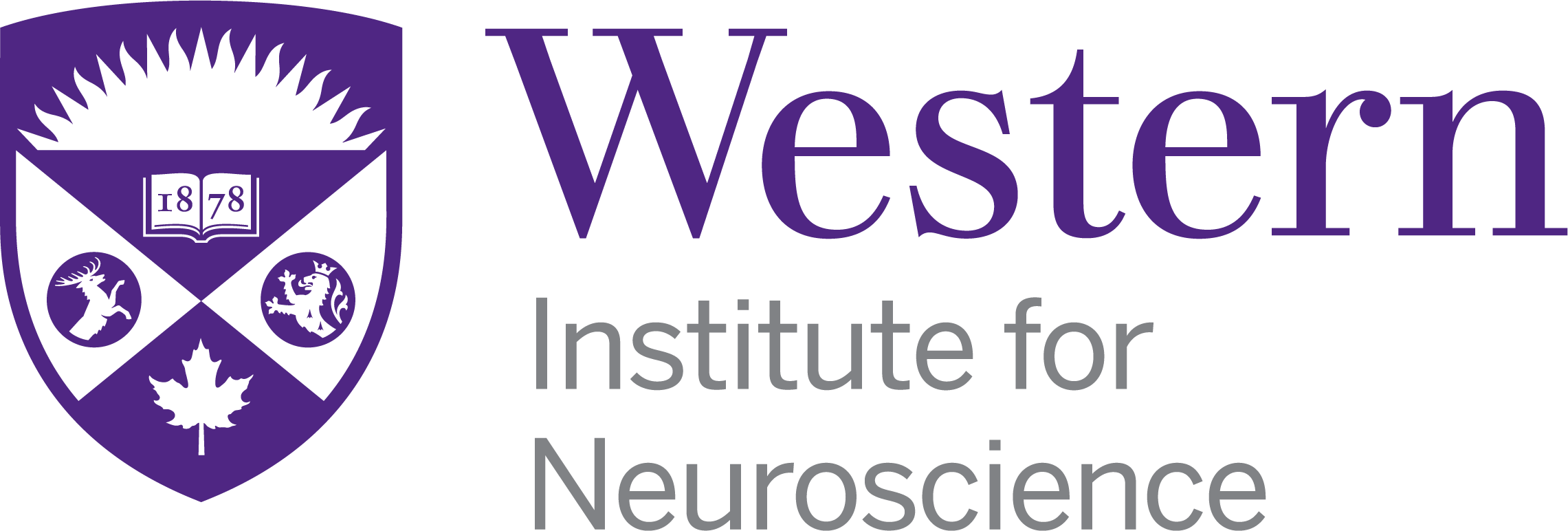Document Type
Article
Publication Date
1-1-2022
Journal
Nature
URL with Digital Object Identifier
10.1038/s41586-022-04554-y
Abstract
Over the past few decades, neuroimaging has become a ubiquitous tool in basic research and clinical studies of the human brain. However, no reference standards currently exist to quantify individual differences in neuroimaging metrics over time, in contrast to growth charts for anthropometric traits such as height and weight1. Here we assemble an interactive open resource to benchmark brain morphology derived from any current or future sample of MRI data (http://www.brainchart.io/). With the goal of basing these reference charts on the largest and most inclusive dataset available, acknowledging limitations due to known biases of MRI studies relative to the diversity of the global population, we aggregated 123,984 MRI scans, across more than 100 primary studies, from 101,457 human participants between 115 days post-conception to 100 years of age. MRI metrics were quantified by centile scores, relative to non-linear trajectories2 of brain structural changes, and rates of change, over the lifespan. Brain charts identified previously unreported neurodevelopmental milestones3, showed high stability of individuals across longitudinal assessments, and demonstrated robustness to technical and methodological differences between primary studies. Centile scores showed increased heritability compared with non-centiled MRI phenotypes, and provided a standardized measure of atypical brain structure that revealed patterns of neuroanatomical variation across neurological and psychiatric disorders. In summary, brain charts are an essential step towards robust quantification of individual variation benchmarked to normative trajectories in multiple, commonly used neuroimaging phenotypes.

- Citations
- Citation Indexes: 124
- Policy Citations: 31
- Usage
- Downloads: 209
- Abstract Views: 44
- Captures
- Readers: 1213
- Mentions
- Blog Mentions: 12
- News Mentions: 95
- References: 1


